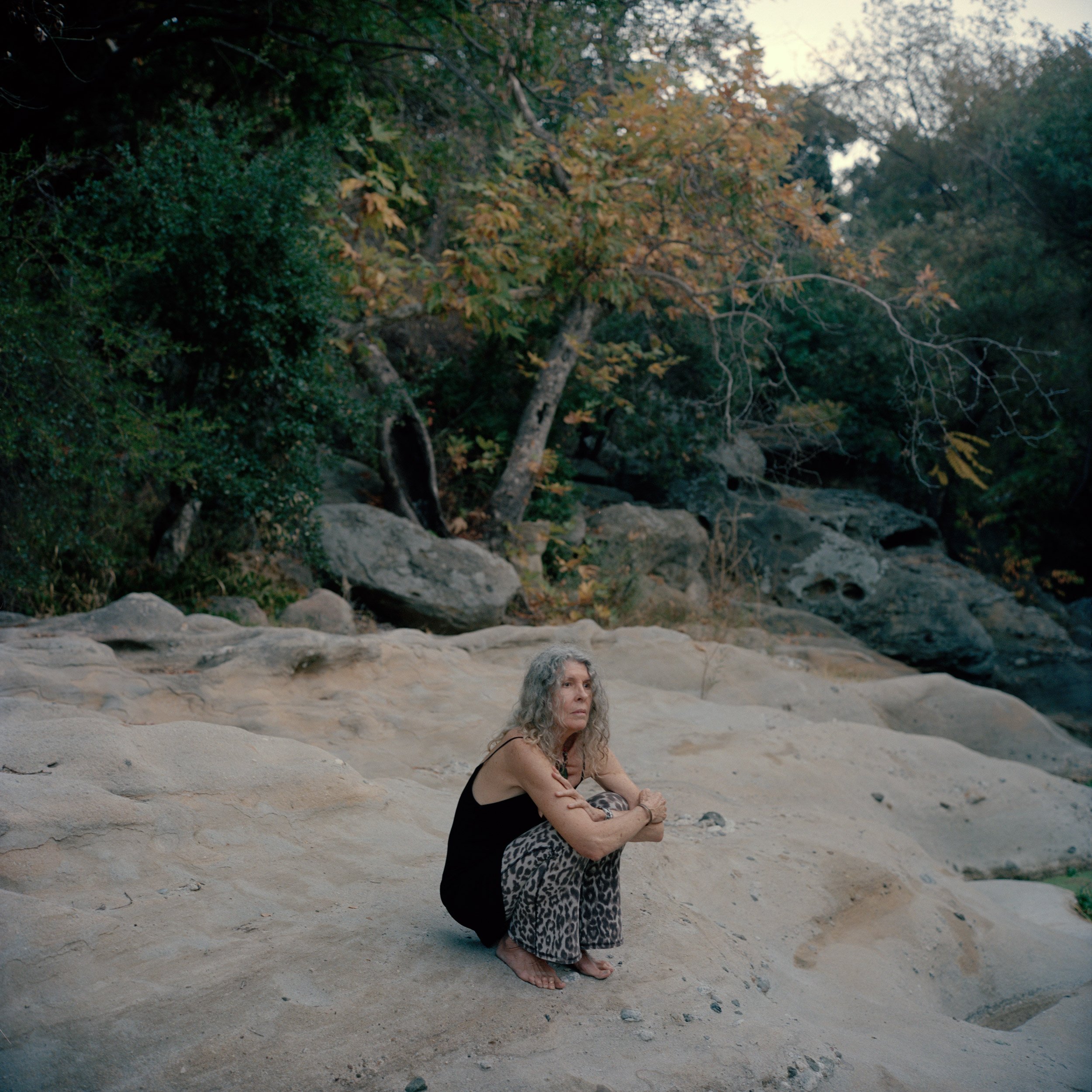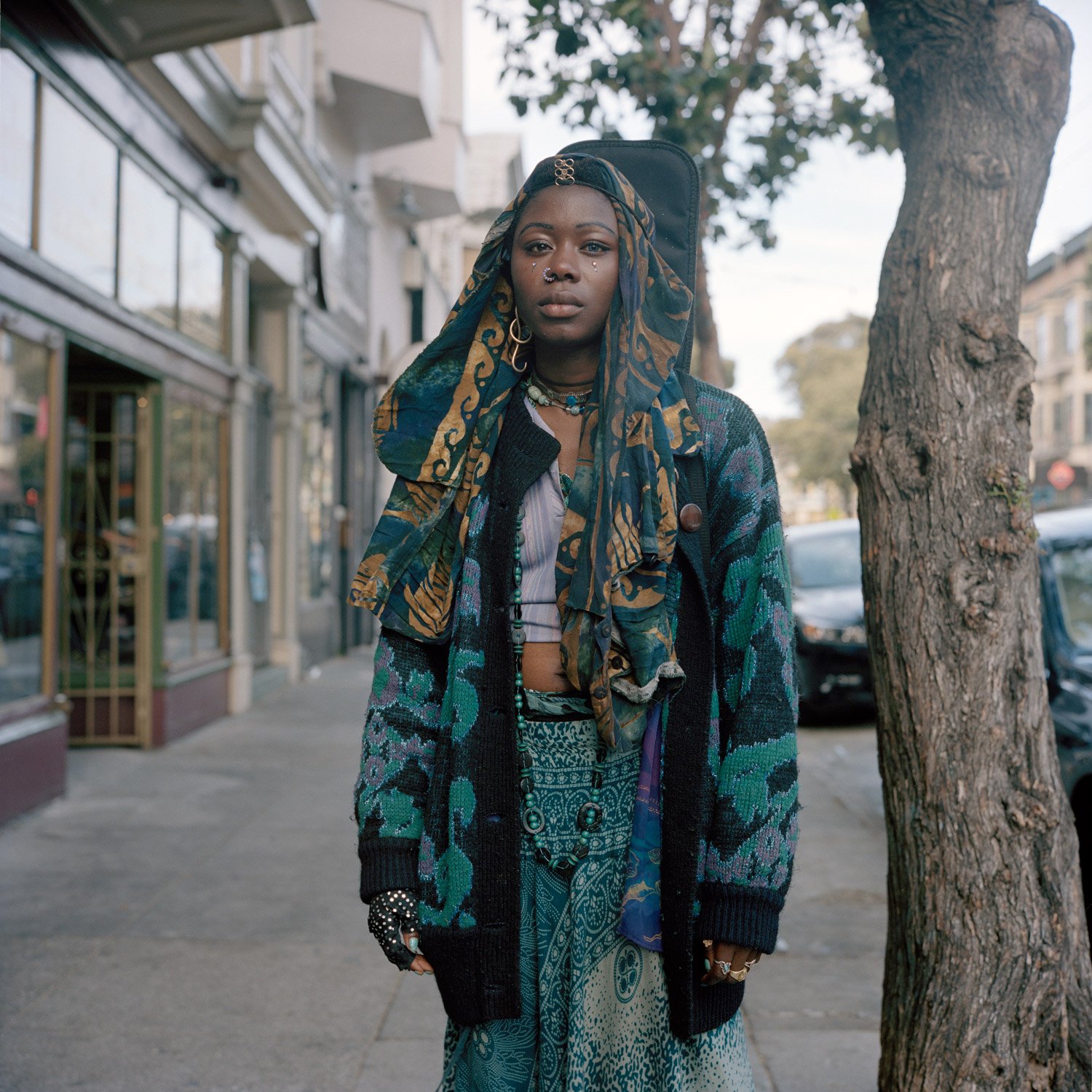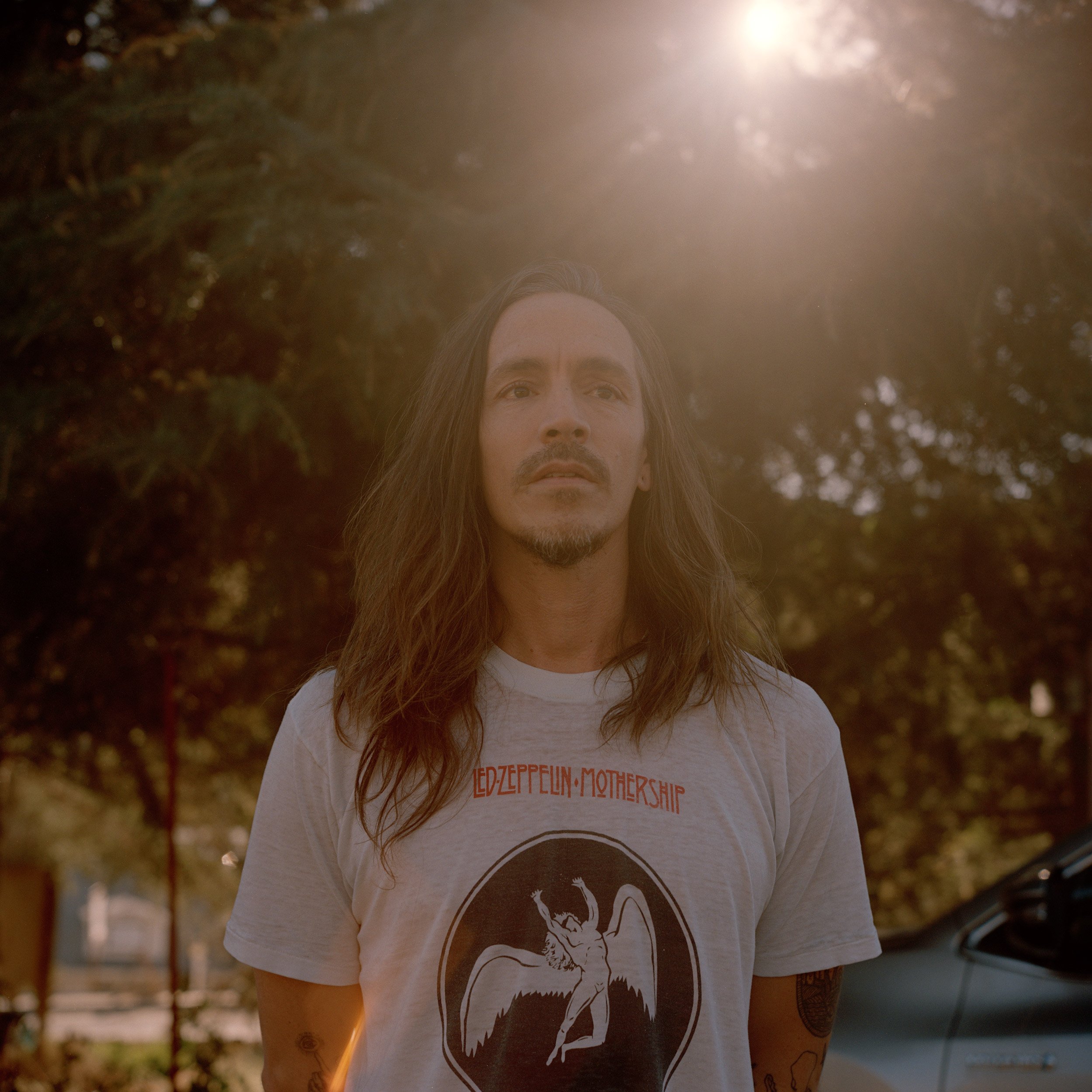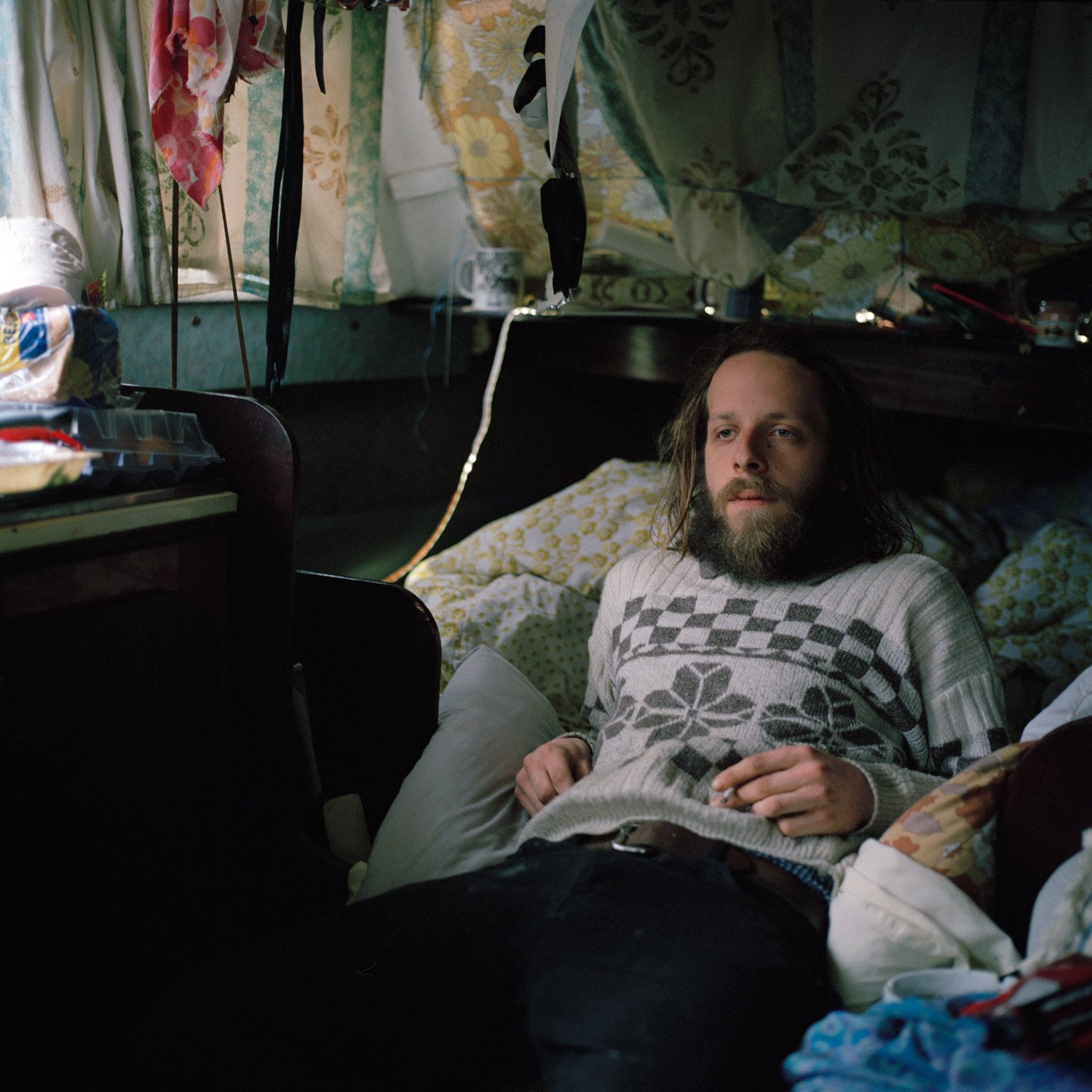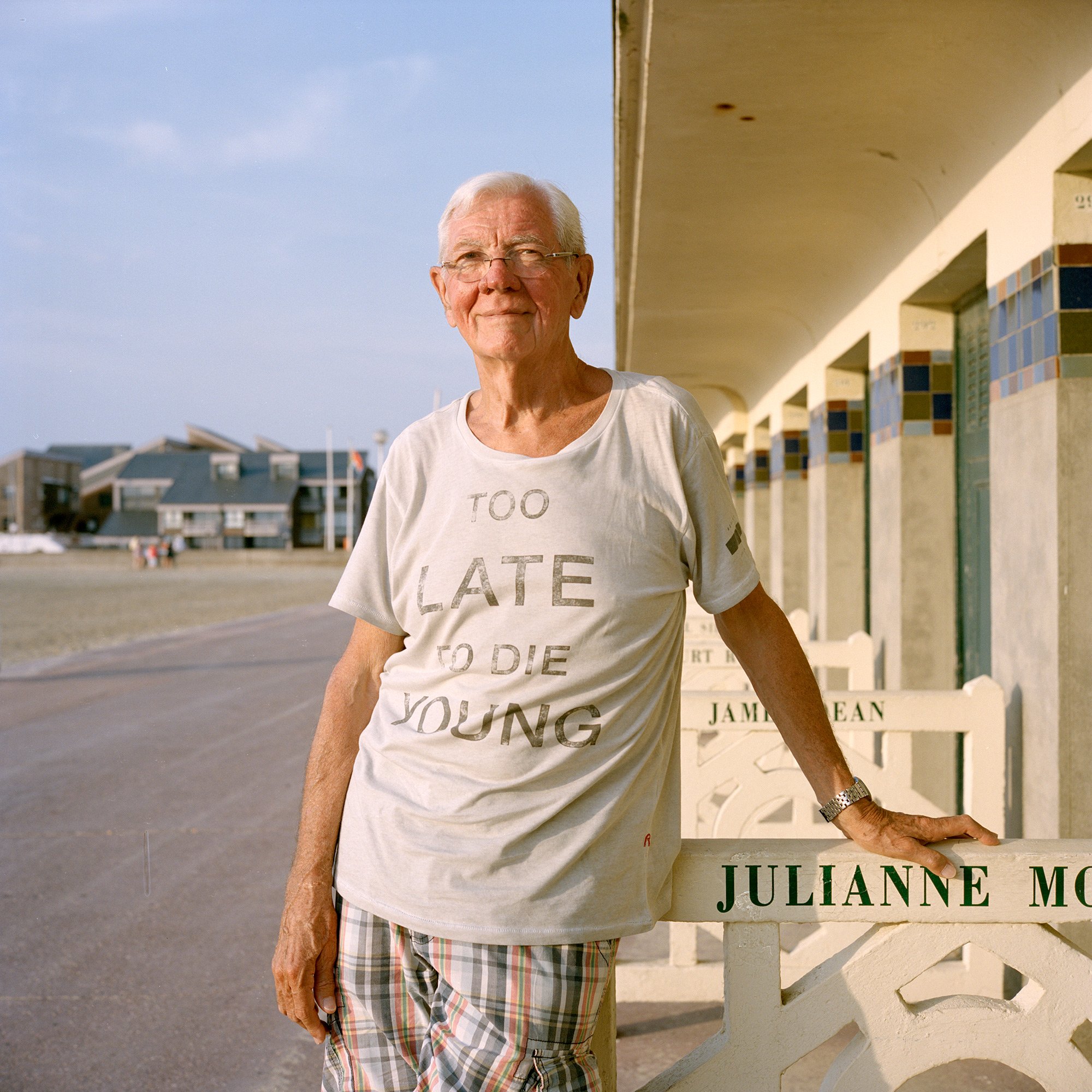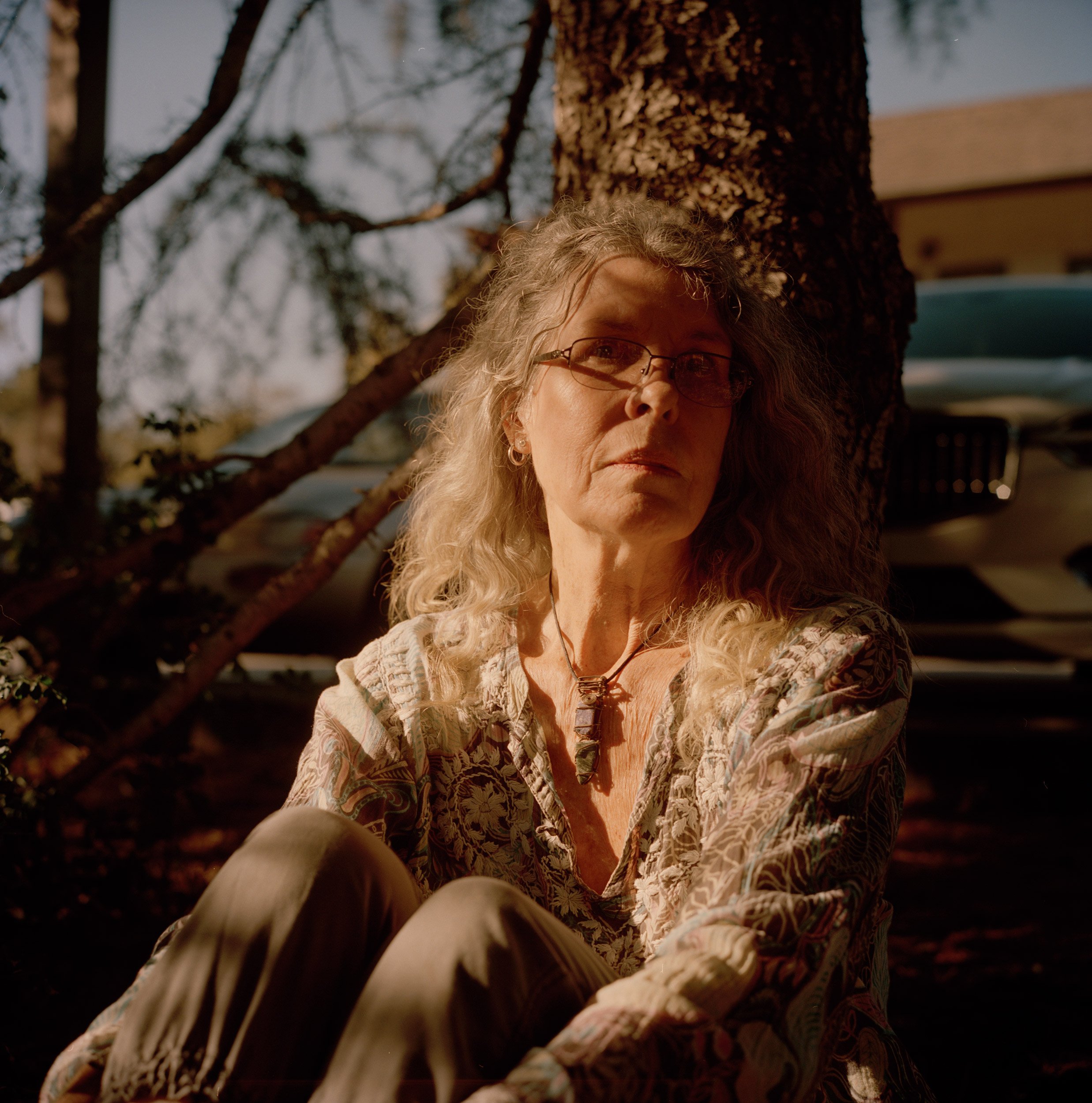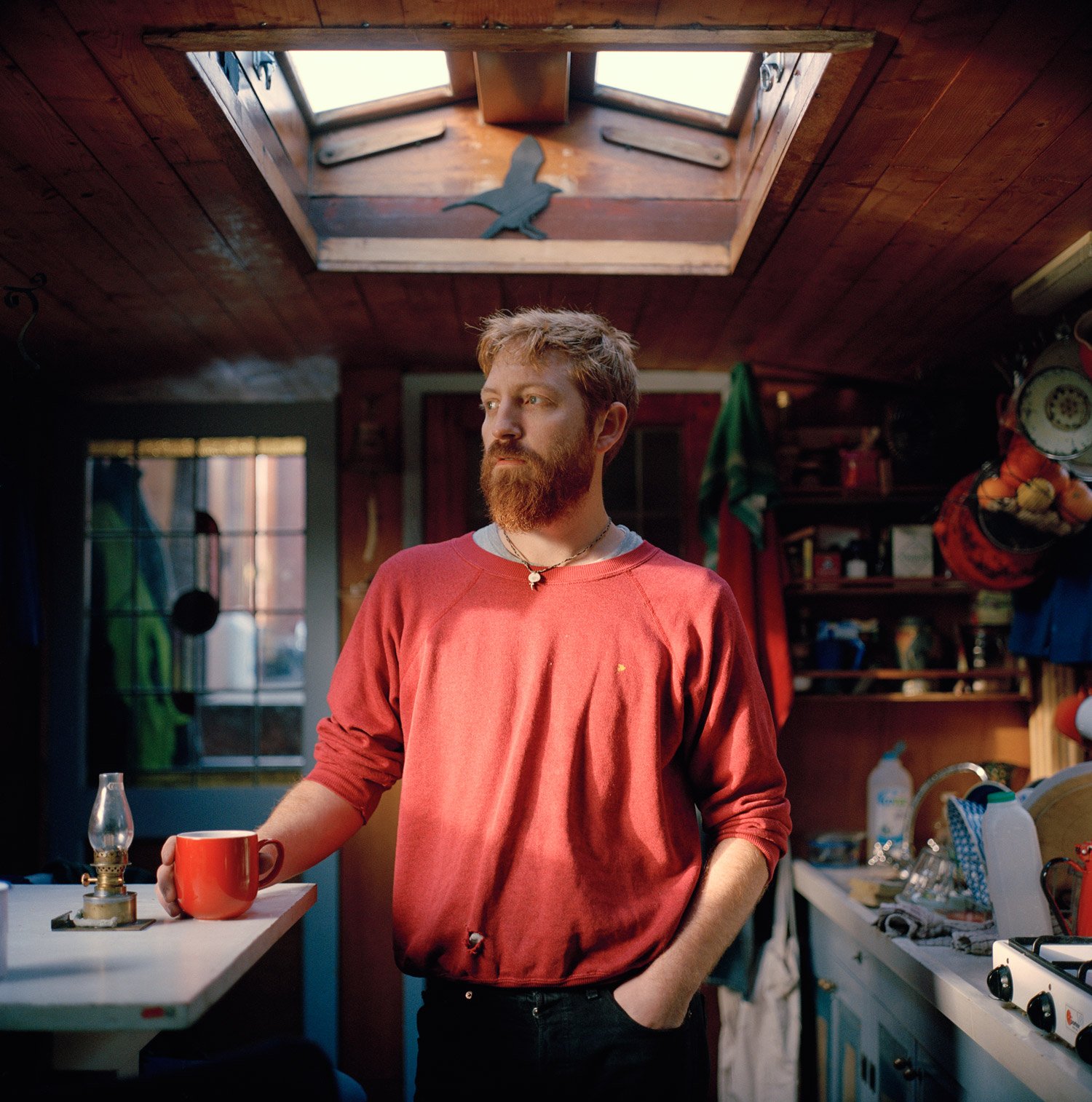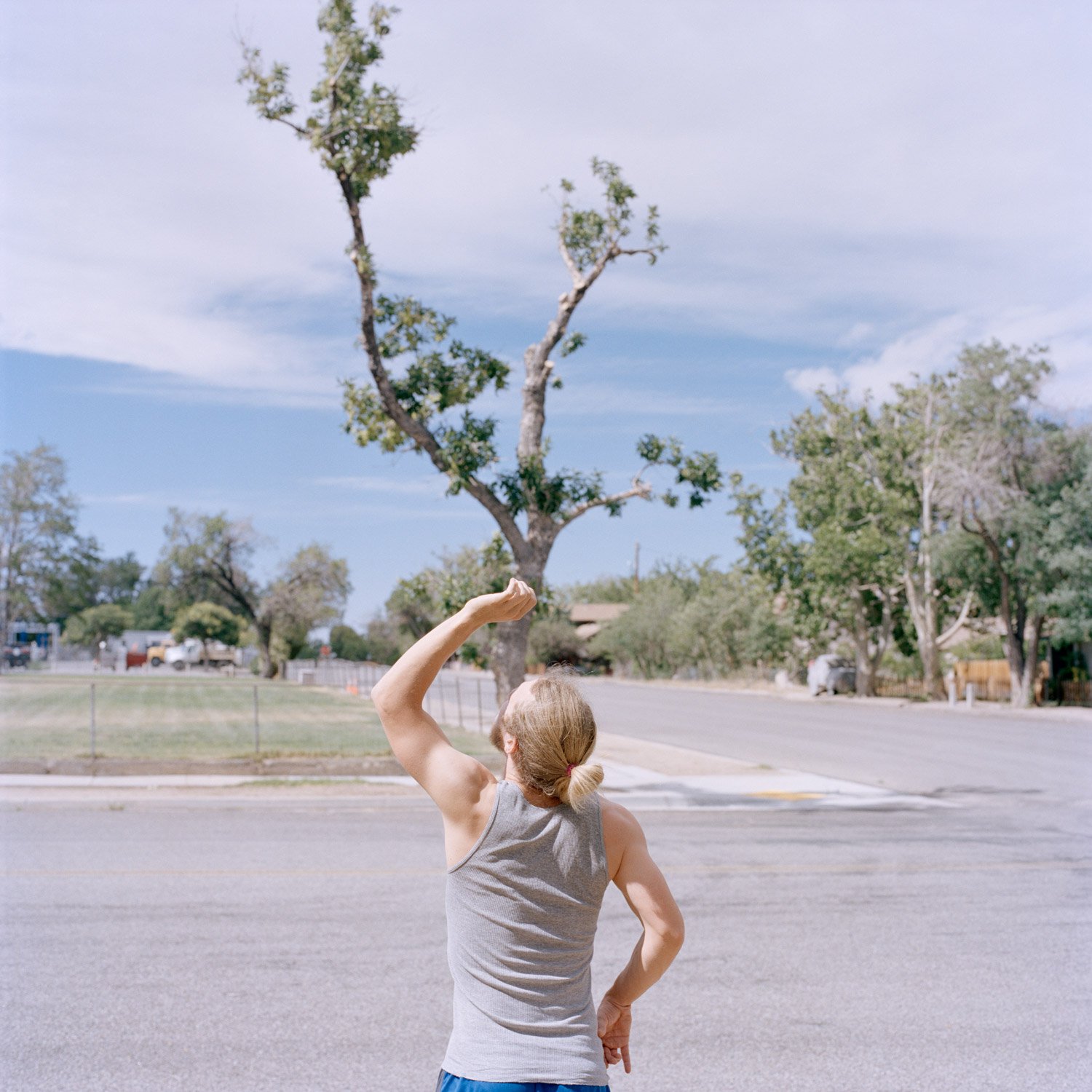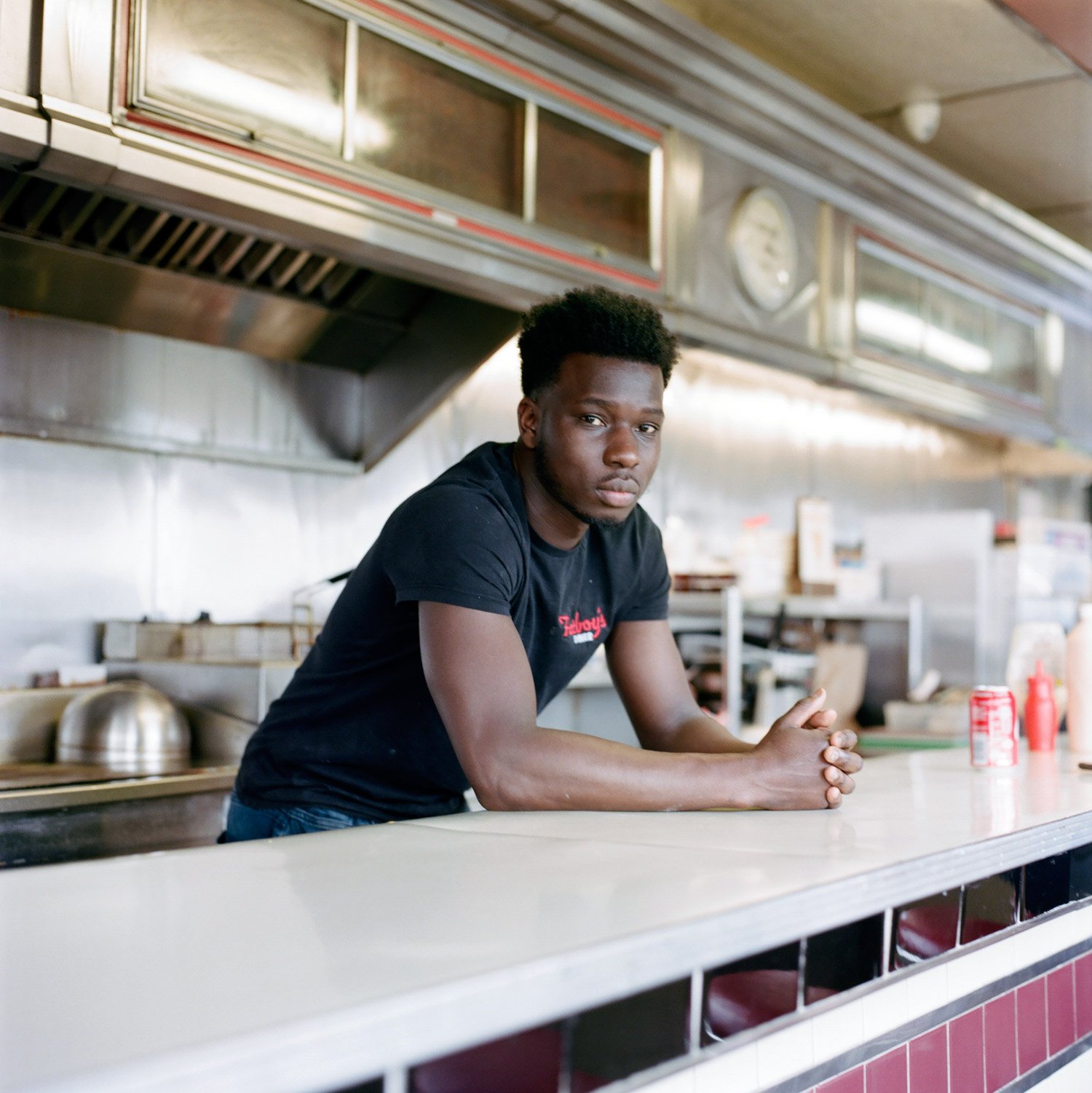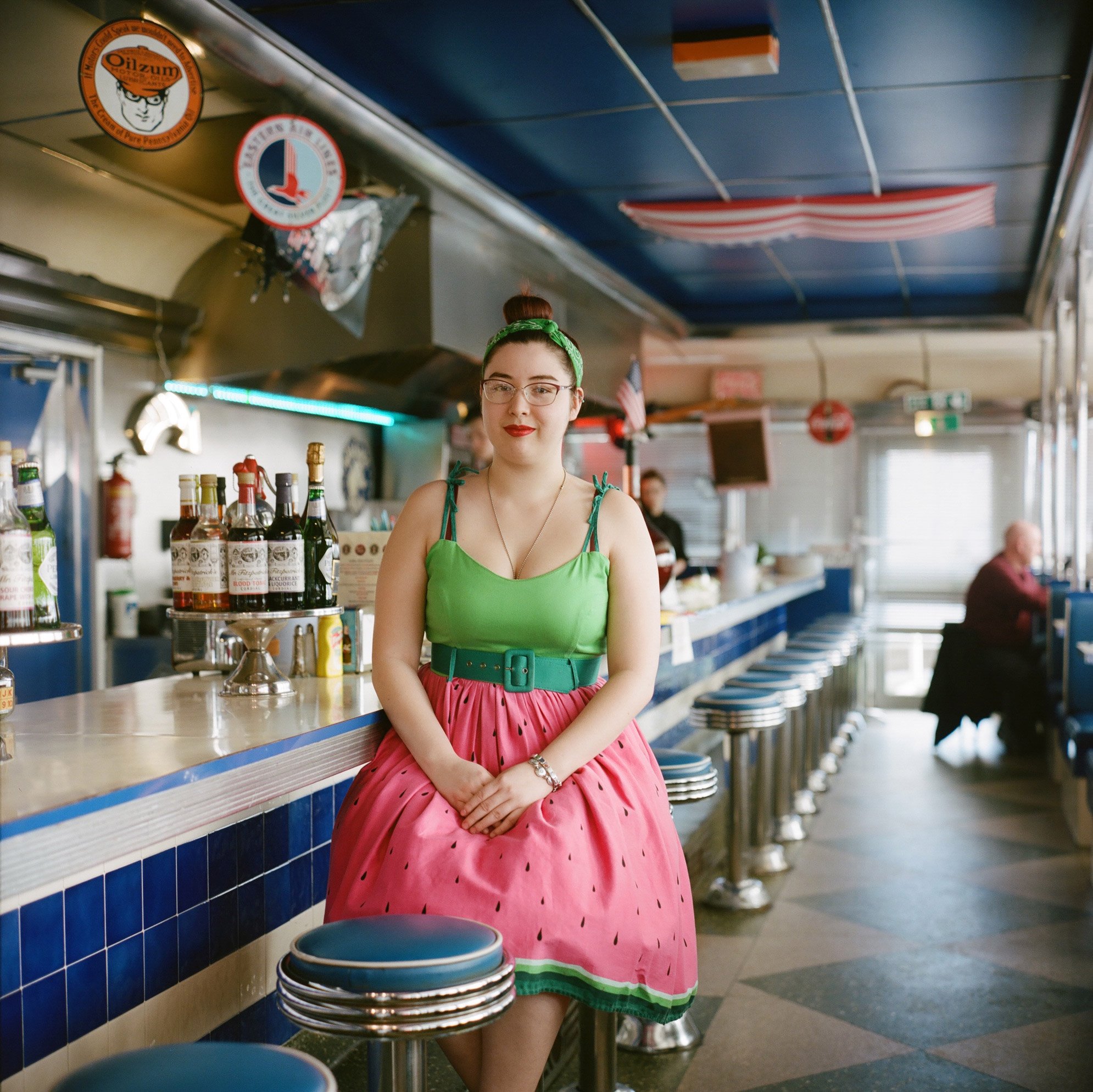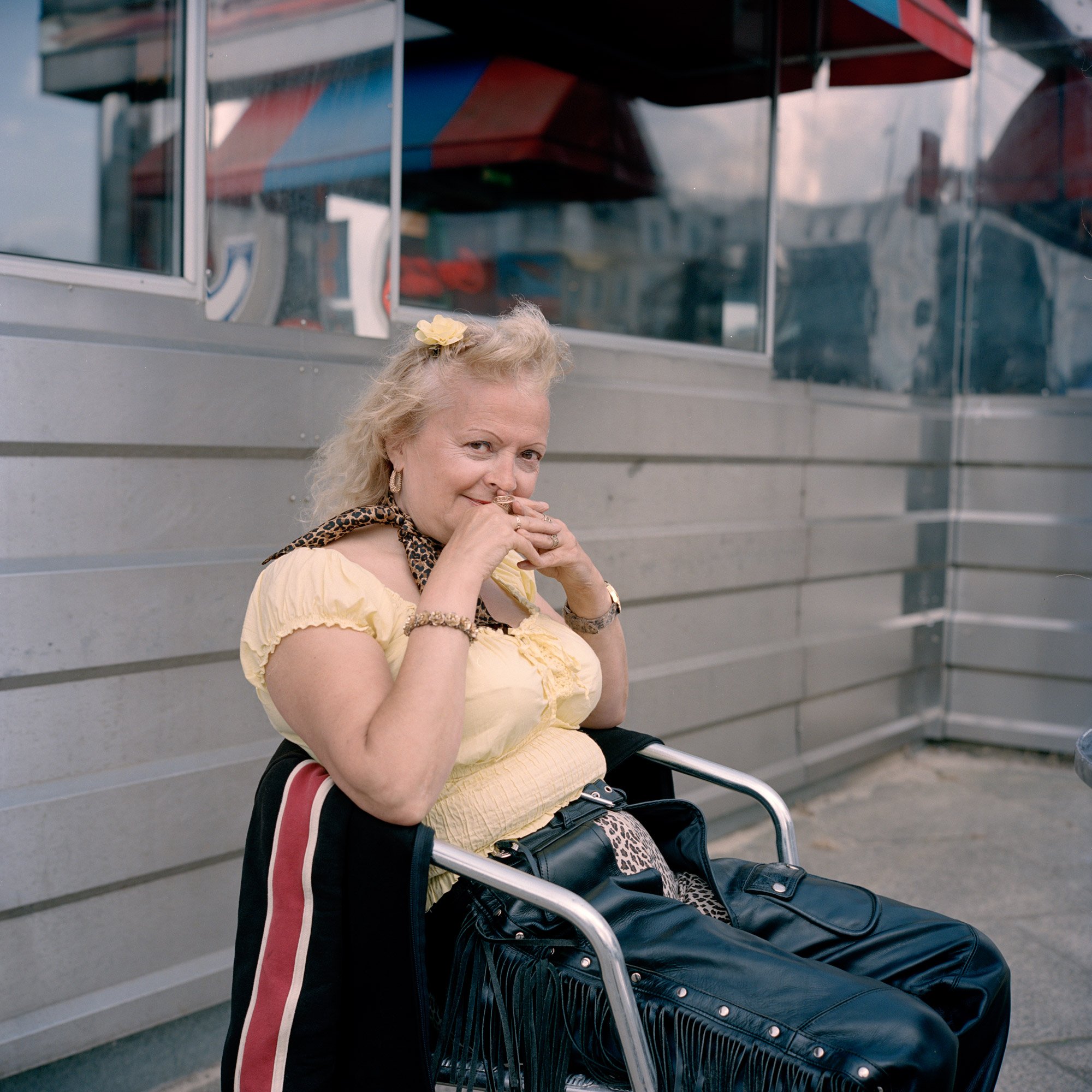Carl Bigmore
How did your interest in photography begin? What does photography give you that no other craft does? How does it make you feel alive?
My grandfather was a keen photographer and worked within the imaging industry, so it was present from a fairly young age. I started taking pictures in my early teens but it became something I wanted to pursue in earnest in my late teens. I started working in London and met a friend who opened up a world of photography that I hadn't really seen before, lots of artists creating raw, documentary style images. That style felt doable with my limited technical knowledge at that time so it became a way in.
Photography pushes me out into the world, as someone who's naturally introverted it provides me a reason to go and connect with strangers. That is always a deeply rewarding experience. Even seemingly small incidental interactions seem to become elevated by the photographic process. In that sense it's way more than just making pictures. It's also all tied up in ideas of time and memory and in a way makes me feel alive by revealing the fleeting but rich nature of every passing moment.
Can you share how you show how you consider the connection of people and place within the composition of your portraits?
It's not something I tend to overthink. Most portraits I make will be made fairly spontaneously and there will usually be an underlying feeling that compels me to approach someone. The place or landscape is often intwined in that compulsion so it finds it's way into the portrait almost organically.
What is your process like in relation to immersing yourself in a location? Do you spend an extended amount of time in a location? How do you come to know a place?
It depends on the location, if I'm shooting in the UK where I live it's a lot slower and piecemeal. It builds over a number of years. But the immersion in the landscape also happens when I'm not actually in it. Reading, listening to music and letting ideas gestate all adds to the immersion.
If I'm travelling overseas then it's more of an intense process. I'll usually spend 4-6 weeks just travelling and moving through a particular landscape. It’s fairly solitary with bursts of interaction. I'll have an idea of what I'm looking for and then just throw myself out into a place. More often than not this approach creates chance meetings which begin to shape and steer the project.
What inspired your series on diners? How is it a study of culture and what fascinates you about being transported in those spaces?
It was a project that I had thought about in one way or another for a little while. I was driving one day and decided to call into a diner I knew of on my route. I ended up making a portrait of one of the staff members, I really liked that image and it grew from there. It was more of a playful body of work that just interested me because of the pervasiveness of American culture. There's something about driving on a grey, rain sodden English A road and then entering a neon lit, vibrant diner playing Elvis and serving oversized milkshakes and burgers. I think we all crave some escapism and I saw the Diners take on this function for people who visited, but also the people that worked at them.
What was your trajectory after graduating from university? How did it differ from your expectations? How did you find your way? Any advice to recent grads?
I did an undergrad degree in my early 20's and after that worked in various roles within the photography industry, mainly as an archivist, whilst also shooting my own projects. It wasn't until my Masters in 2014 when the trajectory of my career really changed. I made 'Between Two Mysteries' for my final assessment which sort of launched me into the wider photographic world.
I feel I'm still finding my way as things are always changing, but I do know that paying too much attention to what people think of your work, be it good or bad, isn't a good guide to making strong work. I have a small number of people whose opinion I trust and it's those people I share my ideas and work-in-progress with, I find this extremely helpful. Also, I recommend ignoring passing trends and social media pressures. Give yourself time and space to develop; think of it as a journey.
Keep up to date on Carl’s latest work by following along here:
Website
Instagram

